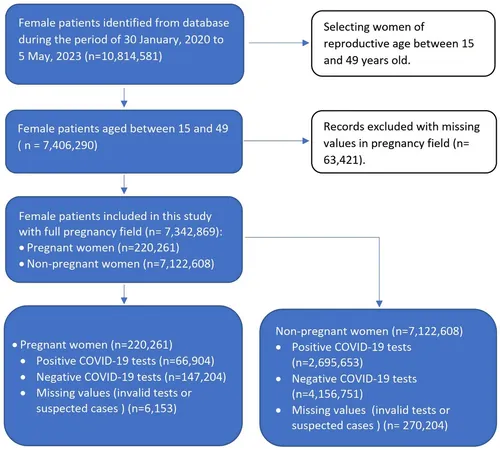
Ghana Confirms Human H9N2 Avian Flu Infection: What You Need to Know
2024-09-23
Author: Ming
The Details of the Infection
The confirmed case involves an individual who had direct contact with infected poultry. Fortunately, health officials report that the patient is currently in stable condition and receiving appropriate medical care. This case highlights the ongoing risks associated with avian influenza, particularly in regions where poultry farming is prevalent.
Global Context and Concerns
While the H9N2 strain is generally considered less virulent compared to other strains such as H5N1 or H7N9 that have caused severe disease in humans, the confirmed infection serves as a reminder of the persistent threat posed by zoonotic diseases—that is, diseases that can jump from animals to humans. The World Health Organization (WHO) continues to emphasize vigilance and monitoring due to the unpredictable nature of such viruses.
Government Response and Preparedness
In reaction to the confirmed H9N2 case, Ghana's health ministry has activated its surveillance and response protocol, which includes increased monitoring of poultry farms and the implementation of biosecurity measures to prevent further human infections. Officials are urging farmers to adhere strictly to recommended guidelines to mitigate risks.
Public Awareness and Precautions
Health authorities are also running public education campaigns to inform citizens about the signs and symptoms of avian flu and the importance of reporting any suspicious cases involving sick birds. Poultry handlers and farmers are particularly advised to use proper personal protective equipment and practice good hygiene.
The Bigger Picture: Avian Flu's Impact on Public Health
The occurrence of avian influenza infections in humans is a stark component of the broader public health landscape, especially in the context of the ongoing challenges presented by COVID-19. Both viruses demonstrate how quickly health threats can emerge, indicating an urgent need for global cooperation in disease surveillance and response.
As this situation develops, all eyes will be on Ghana and the response of international health organizations. Will there be widespread repercussions? How will health officials manage potential outbreaks? It’s time to stay informed and vigilant.
Stay tuned for updates as we continue to monitor this developing story, and don’t forget to share this article with your friends and family to raise awareness!




 Brasil (PT)
Brasil (PT)
 Canada (EN)
Canada (EN)
 Chile (ES)
Chile (ES)
 España (ES)
España (ES)
 France (FR)
France (FR)
 Hong Kong (EN)
Hong Kong (EN)
 Italia (IT)
Italia (IT)
 日本 (JA)
日本 (JA)
 Magyarország (HU)
Magyarország (HU)
 Norge (NO)
Norge (NO)
 Polska (PL)
Polska (PL)
 Schweiz (DE)
Schweiz (DE)
 Singapore (EN)
Singapore (EN)
 Sverige (SV)
Sverige (SV)
 Suomi (FI)
Suomi (FI)
 Türkiye (TR)
Türkiye (TR)